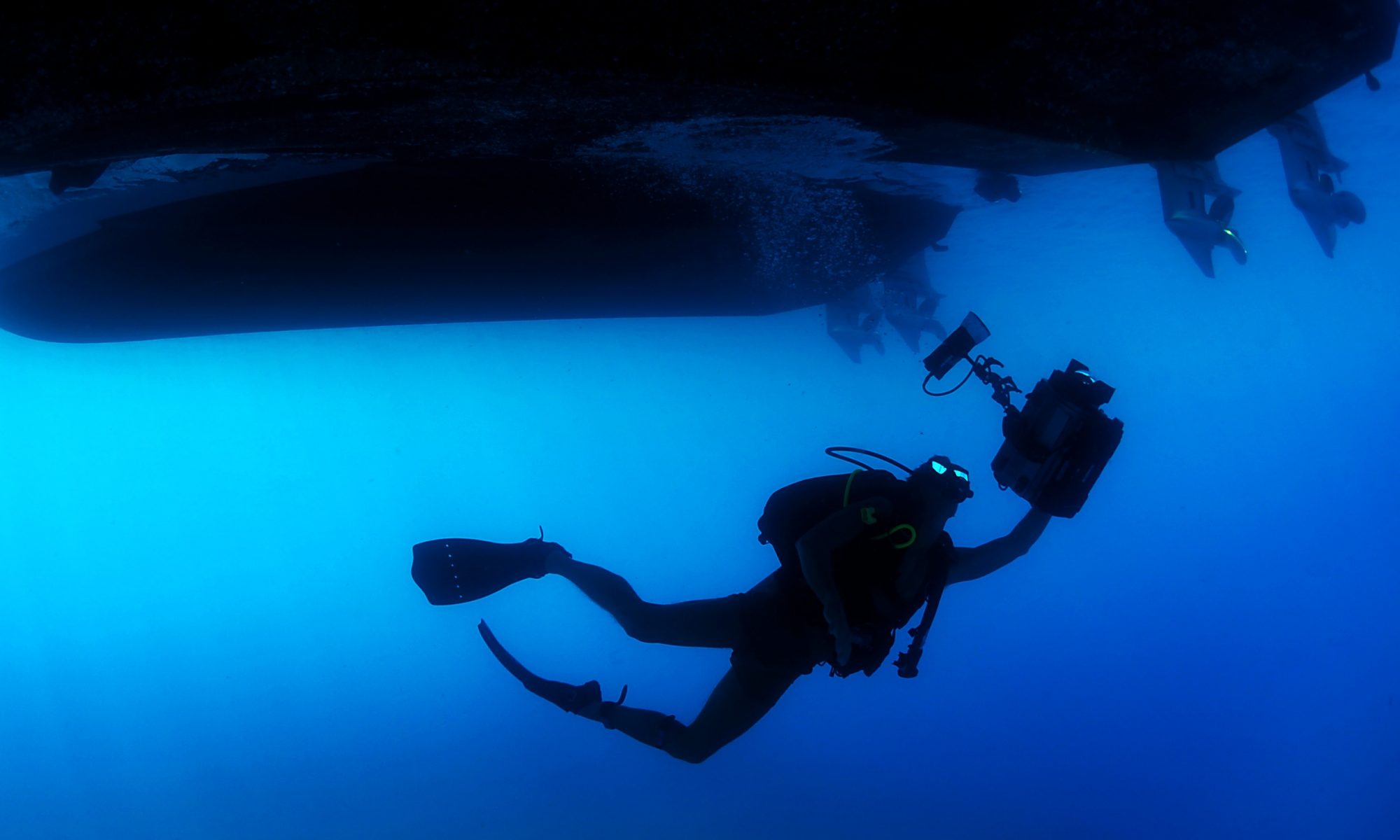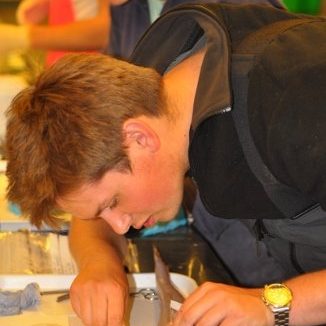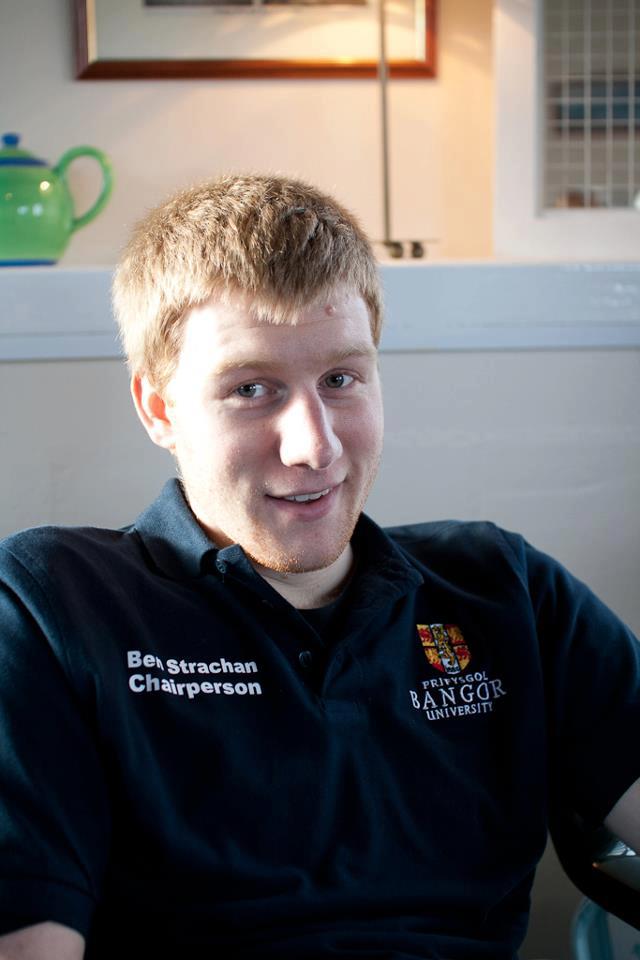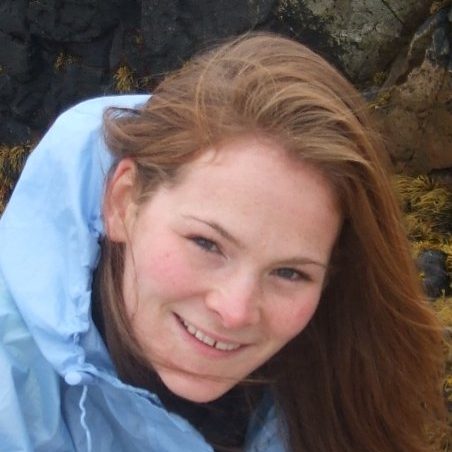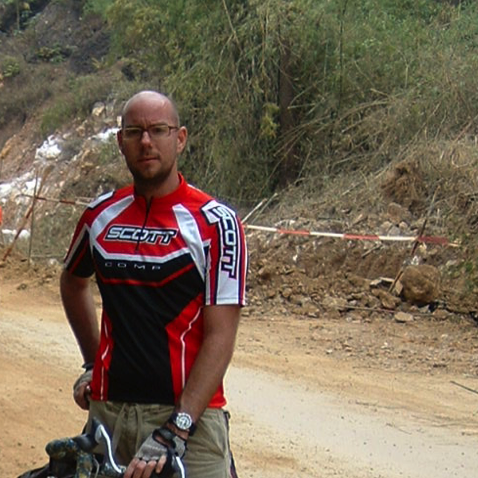Laura was a PhD student sponsored by the Cemlyn Jones Trust, she graduated from her PhD in 2016 and now works as an environmental consultant.
Why did you choose to study / research marine biology?
When I told my High School Careers Adviser that I wanted to be a Marine Ecologist, she pointedly ushered me along a very different path: Marine Biology was not a field to make a career of! Being young and naïve, I took her advice, and several PCR disasters later, and an Honours degree in Developmental Biology, I realised the error of that decision: whilst the course content and theory had been fascinating, I did not enjoy it’s application… So I returned to Marine Biology with a Masters in Marine Resources, Development and Protection. Upon completion of my MSc, I took up a post as a Marine Ecologist with the Scottish Environment and Protection Agency (SEPA). Through this role, I developed a wide variety of skills including benthic invertebrate, macroalgae and phytoplankton taxonomy; the estimation of macroalgal biomass; and the estimation of macroalgal, seagrass and saltmarsh extent. Whilst I loved my time within SEPA, I feel it is time to develop these skills further.
What is your research project about?
My research project is entitled ‘Stability and Variability of Coastal Marine Habitats on Decadal Time Scales’ and has 2 main Hypotheses:
That the change in coverage of biotope forming communities, and their shore height limits, will be mostly driven by cyclic variability in wave exposure.
Cover of biotope forming communities will incease, regardless of vave exposure, as a result of warmer winter temperatures resulting in enhanced invertebrate juvenile survivorship.
I intend to approach these in 3 main components:
- Assess the change in cover of biotope forming communities, around the Irish Sea, from all available post-war aerial photography, including data to be collected with the use of a remote controlled drone.
- Estimate the temporal changes in wave exposure, within the same time series, from Met Office data, using GIS.
- Analyse the effect of temperature variability on invertebrate grazers, from historic temperature and rainfall data, and historic faunal data.
Interesting fact about yourself?
I was bought up on a Peninsula in the North West of Scotland with no mains electricity, water or other utilities. There are no shops, no pubs or indeed anywhere to spend any money. There are no roads, and to get there you have to either hike 6 miles from the end of the single track road, or take a boat (and by boat, I mean a 10ft, handmade, clinker-built rowing boat with an outboard engine on the back). Until I left home, there was only one telephone on the Peninsula, and that was in a box next to my house so whenever it rang, a bell would ring inside and we’d have to throw our wellies on, rush out into the elements, over the wall, dodging livestock to answer it… Then came the trip along the Peninsula to give the lucky recipient a message. Whilst many may think this was a very deprived childhood, it was also a childhood full of adventure and lacking in the usual restraints. As a family we were fairly self sufficient with windmills for electricity, wells for water, a vegetable patch with a polytunnel, the ocean was on our doorstep, and we had hens, a milking cow and plenty of other livestock.
